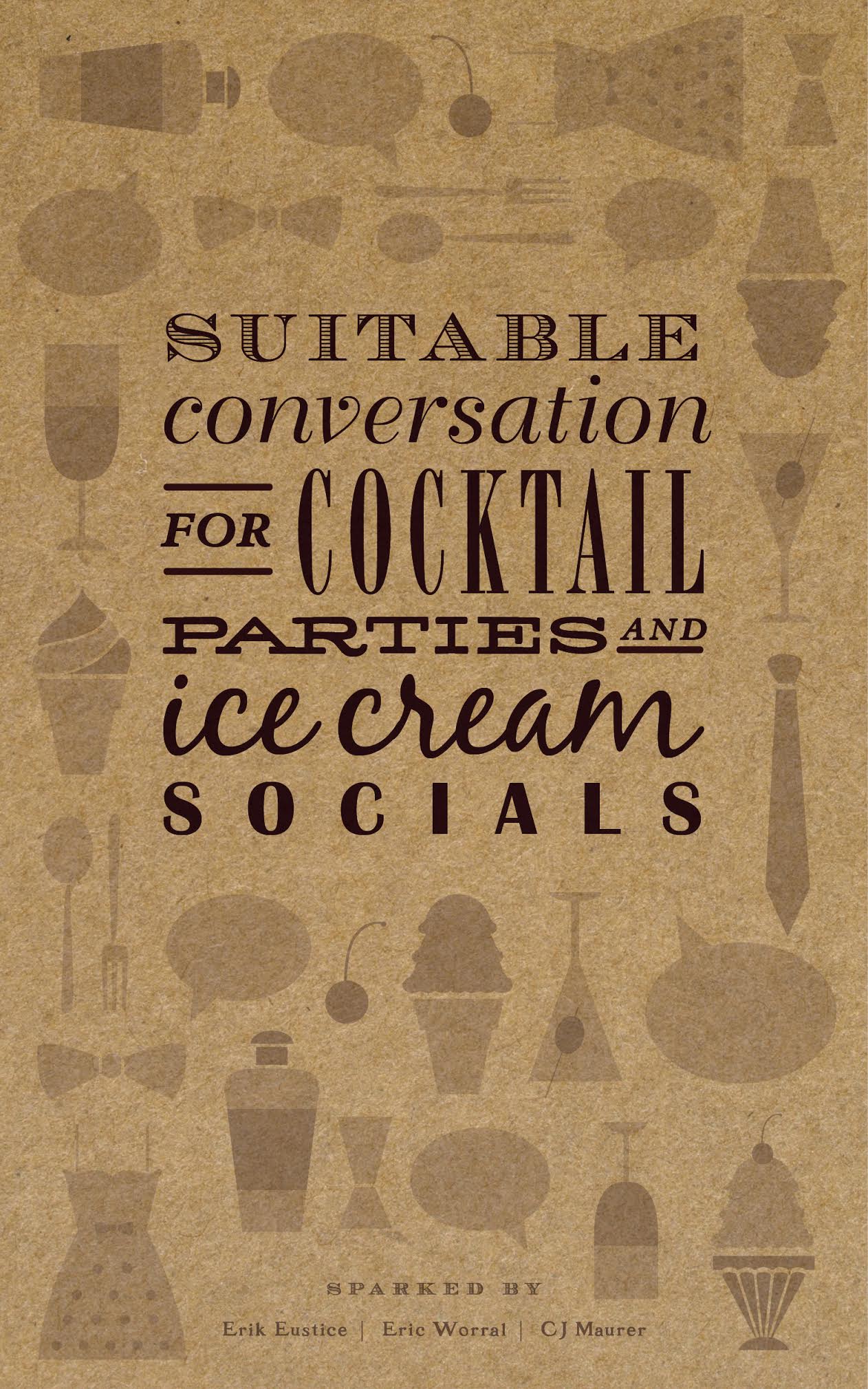Sir Isaac Newton said for every action there is an equal and opposite reaction. We know this applies to more than physics.
How you treat
people matters.
It’s not just
enough to believe that. Small actions (or inactions) can significantly
affect how people feel about you. However complicated, it’s an outcome you’re
able to control. This is the responsibility assumed by those that care.
Keeping with
Newton’s law, how you treat people is an action (you control). And therefore how you are
treated by others is a reaction (they control).
Not necessarily.
Consider a
neurotic, self-loathing man with impossibly high standards for women. It shouldn’t come as much of a surprise that George Costanza struggled with picking up
women. His relationships usually ended pretty badly.
George spent
all his time trying to demand that women treat him a certain way without actually
ever trying to become a person
worthy of such treatment. It’s no wonder his expectations (nor those of the women who went out with him) were ever satisfied.
What kind of life might George have
made for himself if he ever decided to be more empathetic, caring and
respectful?
The Georges
in all of our lives aren’t resigned only to outcomes decided by others. They often control more than they think. So can you. It’s as true for relationships
as it is for business or anything else.
The best way
to get people (friends, colleagues, customers) to treat you better is to first
demand it from yourself.
There are two
kinds of George Costanza. There’s the George that we see and the George that
George sees. You’re probably not anything like the first George, but nobody is as
good as the second George. What can you do to demand better treatment from others? How
wide is the gap between your two Georges?


